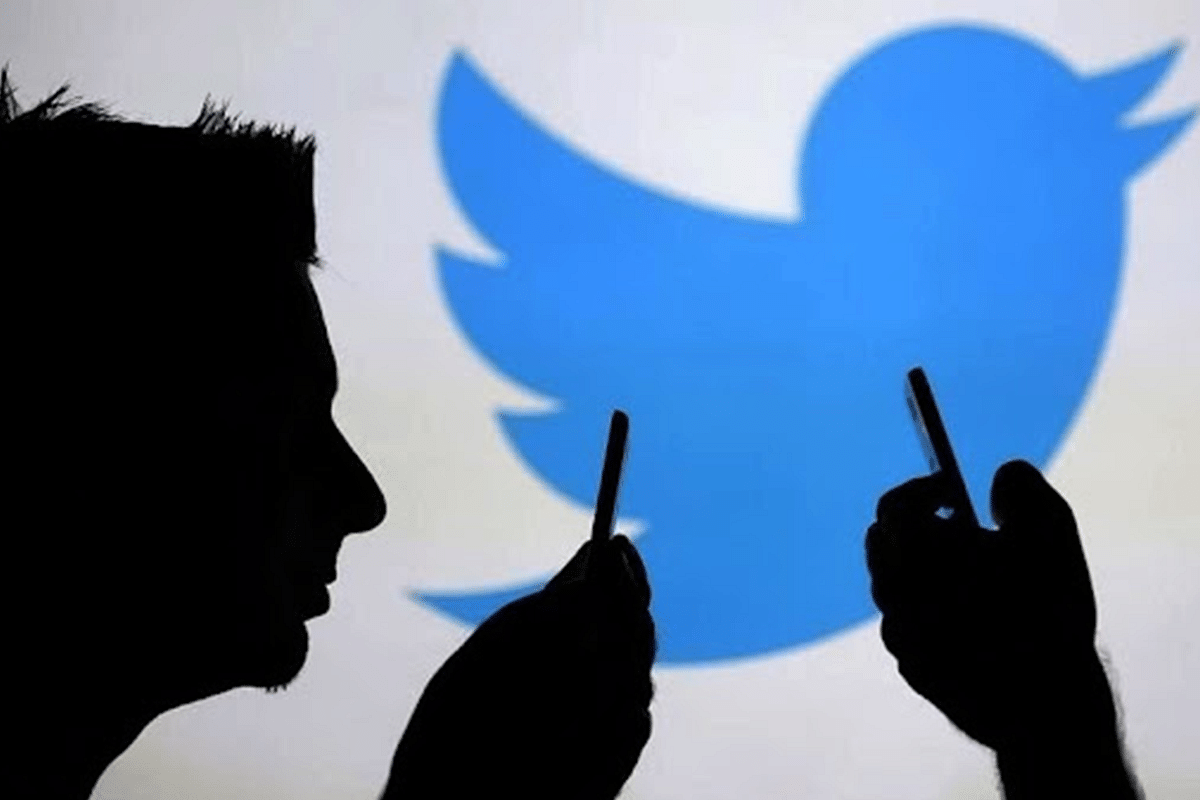Technology
Did Twitter Intentionally Cover-Up Security Lapses And Fake Accounts
- Peiter Zatko, former security chief for Twitter, has stated that the platform misled US regulators over its security infrastructure and fake accounts problem.

Twitter security lapses and fake accounts issue.
There has been a new turn in the ongoing legal battle between Twitter and Tesla’s Elon Musk.
The latter, going back on his decision to make the $44 billion purchase of the social media platform, cited the problem of the fake accounts and how the platform had overestimated its monetisation abilities.
In a twist to the tale, a former security chief for Twitter has stated that the platform misled US regulators over its security infrastructure and fake accounts problem.
The claims come when Twitter is legally embroiled with Musk over the buyout issue, as Financial Times reported.
The Origin Of The Claims
Peiter Zatko, a renowned name in the cyber security ecosystem, was recruited by Jack Dorsey, former Twitter CEO, after the platform was hacked in July 2020. However, Zatko was fired at the beginning of 2022.
Zatko now has filed a complaint to the US Securities and Exchange Commission, the Department of Justice, the Federal Trade Commission, and even to the members of Congress.
Zatko is being represented by a legal team from ‘Whistleblower Aid’.
What Are The Claims
Threatening the reputation of the platform and almost proving Musk’s decision to withdraw from the buyout to be the right one, Zatko has made the following claims:
One, he claimed that the platform violated an agreement with the Federal Trade Commission on cybersecurity guidelines and precautions.
Two, the company has been accused of deception when detecting fake accounts, including those created for misinformation through foreign interference.
This has been a bone of contention between the platform and many sovereign nations, including India, and not only Musk.
Three, and what appears to be the most frightening of the claims, Zatko alleged that the company had foreign agents on its payroll who had unsupervised and unrestricted access to its data and security architecture.
The Saudi Connection
While Twitter has stated that Zatko was dismissed for his poor performance and ineffective leadership, there could be some truth to the latter’s allegations.
Earlier this month, Ahmad Abouammo, a US-Lebanese citizen and a former Twitter manager, was convicted for acting as an agent of Saudi Arabia in the San Francisco Federal Court. The trial lasted for less than three weeks.
Abouammao, also accused of spying for Saudi Arabia, was convicted on six counts. He was responsible for overseeing relationships with the journalists and other key figures in the Middle East and Africa.
The Fake Accounts Debate
Musk’s initial claims of more fake accounts impacted Twitter's share price, tanking by more than 20 per cent.
From its high of $54-odd, the price Musk agreed for the buyout, Twitter’s share price is now trading at around $39-odd.
The fluctuation in the share price is expected to last as the legal tussle continues. However, Zatko’s claims could further dent the company's market prospects.
The bigger question, however, for Twitter shareholders is how much value the platform has without Musk.
And if the platform’s left-leaning bias, one that is now evident, can ensure a sustainable financial future for the company devoid of ideas and plagued by conflicts with several governments across the globe.
Twitter versus Governments
Twitter has been accused of practising political bias against certain accounts in India. Twitter identifies itself as a company with moderation policies and, therefore, is in a position to exercise editorial tyranny.
For the government, it is about ensuring that Twitter acts in the spirit of free speech and acts like a publishing platform, not a selective editor.
However, when it comes to Twitter alone, the polity in America is severely divided, given it was the same platform that suspended President Donald Trump before he left the White House.
Even Democrats have recently voiced their reservations against Big Tech.
In the United States, Congressional Democrats have already begun discussions within the White House to find ways to hold social media platforms accountable for spreading disinformation and the content posted along with issues of market monopoly.
President Joe Biden, during his campaign, had called for revoking Section 230 that shields social media companies from being held accountable for the content posted on their platforms in the US.
German Chancellor Angela Merkel had reacted strongly to the suspension of Trump’s Twitter account, stating that the laws governing free speech should be made by the legislators and not the Big Tech.
Even the European Union is strongly considering regulations to break up the Big Tech companies if they fail to comply with the rules of the land.
Bottomline: From a shareholder perspective, Twitter needed Musk more than Musk needed Twitter.
In the wake of the recent revelations, the future will only get more difficult for the platform, unable to get on the path of sustained financial profitability.
What remains to be seen is the stance of several governments, across the world, if the allegations against Twitter hold true.
Introducing ElectionsHQ + 50 Ground Reports Project
The 2024 elections might seem easy to guess, but there are some important questions that shouldn't be missed.
Do freebies still sway voters? Do people prioritise infrastructure when voting? How will Punjab vote?
The answers to these questions provide great insights into where we, as a country, are headed in the years to come.
Swarajya is starting a project with an aim to do 50 solid ground stories and a smart commentary service on WhatsApp, a one-of-a-kind. We'd love your support during this election season.
Click below to contribute.
Latest